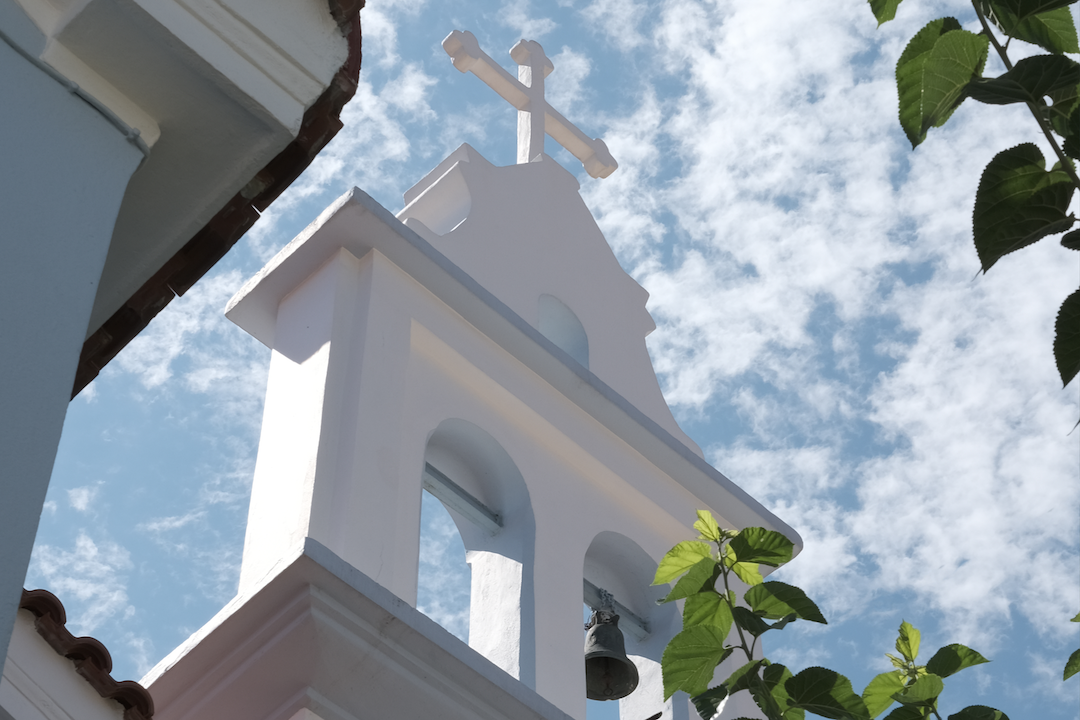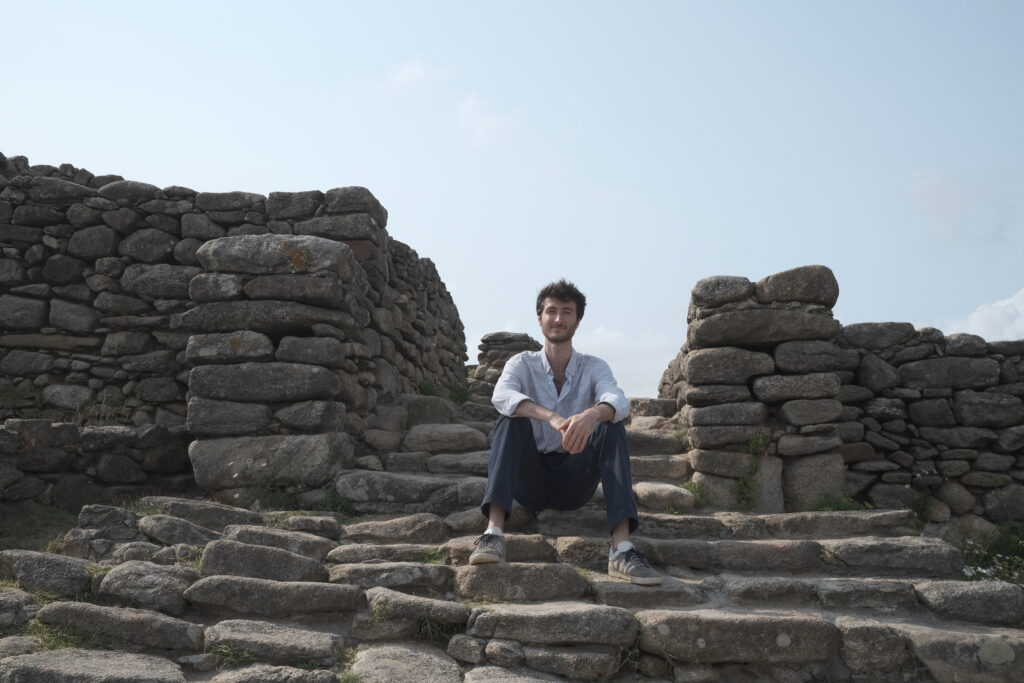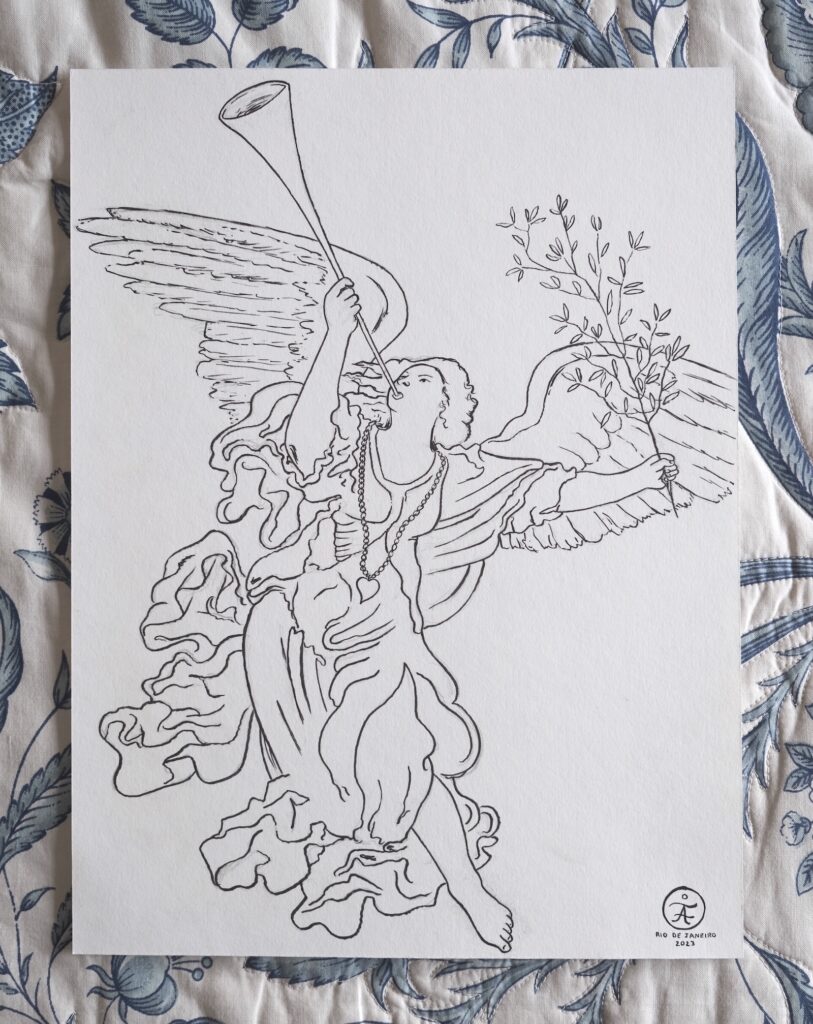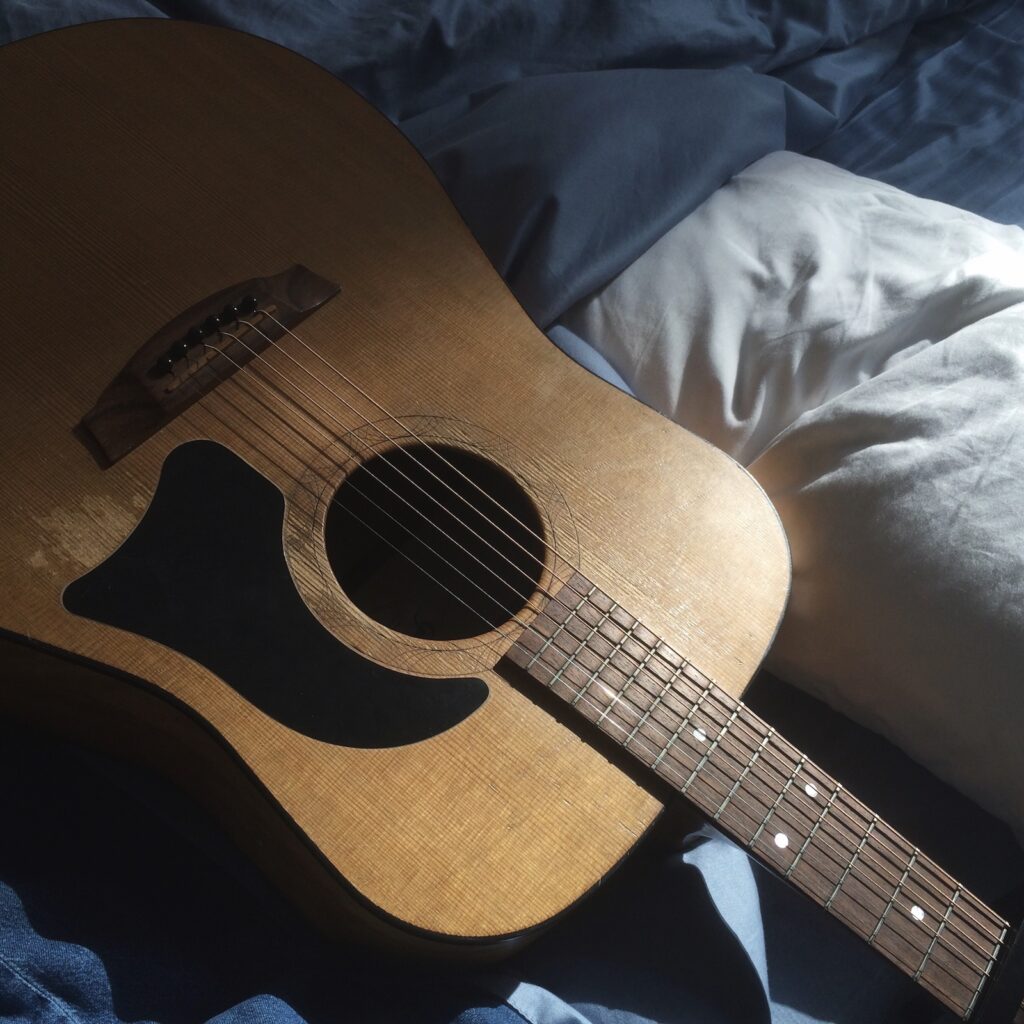My letter today talks about this poem, how I wrote it, and some reflections on the creative process and inspiration. I’m sharing it again because it’s always good to read a poem a couple of times. But, if you’re not in the mood, the letter is at the end!
Song to the Dark Light
PART I
In his Song to the Dark Light, Melas,
The imaginary poet, describes
The tragic existence of sorrows:
Their lives unfold in the imagination
Of innocent creatures
Who have been deceived, lured,
And finally consumed by Shadow.
Where there once was a hare,
A child, a dream, or an affection
Now only a specter remains
An ominous presence that few
Dare to look in the face.
The mirror of dark mirrors
Feeds on the fear they behold.
Their innocent voices become distorted
Their joyful songs fall silent
And only an unbearable scream remains.
“Screams are not welcome here”
Says Shadow in its false friendship
And hides their humiliated stories
Under the heavy cloak of silence.
In the darkness, they forget the appearance
Of their faces and their blessed bodies.
With the passage of unbridled time
Shadow’s deceptions swirl
Around the heart and hide the ember,
Still burning, that cannot cease to sing,
With its warm light, songs of home.
All that remains true in their lives
Is the sorrow: absence of light that the
Ember projects onto their shrunken chests.
A column of dark light cast
In its encounter with Shadow’s clouds.
It is that sorrow, unending and unyielding
That they now, in fear, call “I.”
There culminates Shadow’s deception:
Its imaginary child, sorrow,
Masks the innocent creature
Who now flees terrified
From every luminous gaze
Because to be seen is the death
Of that life which is not life but absence.
Who will look into the dark mirror?
Who will see the deception of that false name?
Who will launch, like a flaming arrow,
Against the clouds woven by Shadow?
Who will hear the sacred voice of that ember,
And its sky-blue cradle songs,
Through the black screams of pain?

PART II
Myth awoke. Each morning in
A different place. Each night
He hid his body and let his
Mind slip beyond, now inhabiting
The song of the wind, bringing
Songs of distant stars,
Now the silver feathers
Of an owl flying silently.
Upon waking, whether or not the
Landscape was beautiful, Myth
Always greeted the day in good spirits,
For his sight reached farther than yesterday.
As he spread his horizons,
Wings he wrote verse by verse,
His walk grew lighter and lighter,
At times seeming a low flight.
And so he moved, always following, without
Leaving a trace, the traces of some sorrow.
Wherever the cheerful song fell silent
And silence sounded like thunder,
Wherever life was suffocating
And green was gray and white was black,
There lurked some sorrow, with a
Song of life and death on its tongue.
That day, Myth awoke among ferns,
Their leaves covered with verses in an
Ancient language he couldn’t read.
He contented himself knowing that someone
Before him, had composed songs,
Leaving them inscribed in the life of the forest.
The Sun descended, from top to bottom,
Distributing its light equally to all.
Myth stood up, and as he did in every
Waking moment, he searched the surroundings
For the darkest point, which he always
Found in his own shadow. Today he
Saw it asleep under an oak tree. He sat
Beside it and, with serene eyes, fixed
His heart on the center of the world.
The forest stopped breathing.
The small beasts emerged from their
Hiding places, and the oak, trembling,
Began to shed its leaves, trying
To create a mantle to conceal
The shadow, but nothing from
This world could make it disappear.
The light paled, and the shadow
Darkened until it opened a tunnel.
Finally, the shadow rose, screaming
In a horrifying way. Every creature
Fled, but Myth kept his eyes fixed.
The sorrow took on the sinister form
Of a huge spider. Then, it stretched
and plunged its body into the ground.
Myth saw before his eyes a black tree
With spider legs instead of branches.
The sorrow, desperate under his gaze,
Abandoned all form and appeared before
Myth as terror itself. A black wing
Eclipsed the Sun. Myth remained still
And let his ears flood with
The screams of death itself. He said:
“There is nothing in me but love for you,”
And the sorrow became lightning
And obliterated the shadow.
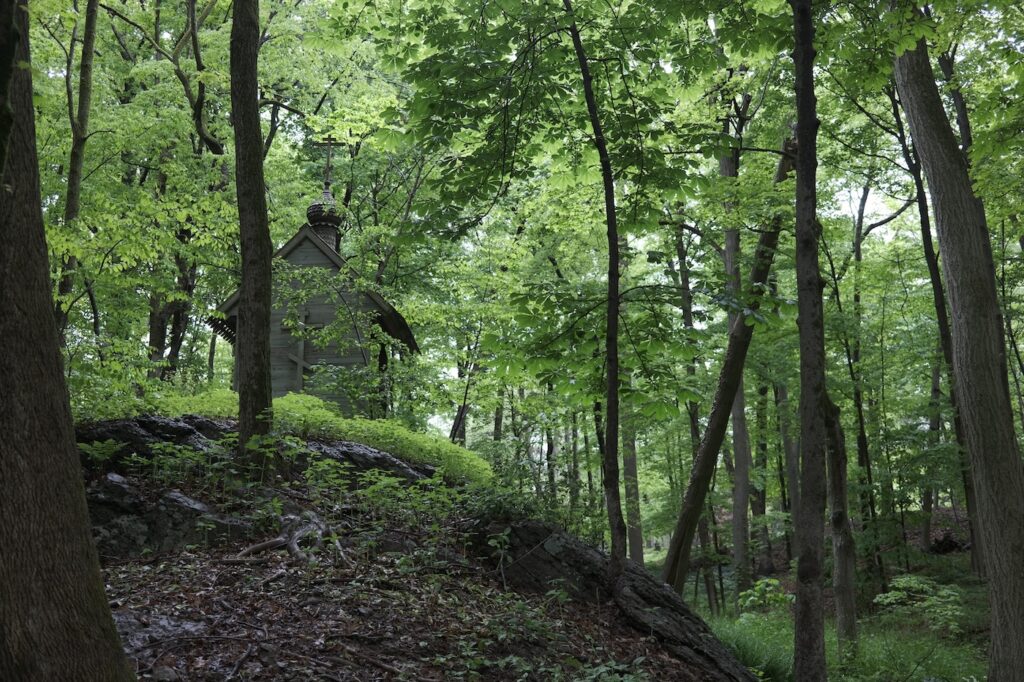
PART III
Myth awoke to the cheerful song
Of laughter. But when he looked around,
He saw no one. Before him, a new
World was being born in green flashes.
The Sun poured an ocean of light
From the zenith, and there were no shadows
There that Myth could see. Life
Moved forward like a triumphant march.
In front of Myth, where his shadow had
Been, there was now a silver feather.
He picked it up, and in sly-blue ink
He wrote a new horizon. When he finished,
He tied his sandals, and still humming
The new song, he stood up
And began to walk again, even
Lighter than yesterday, seeking traces.
The song went like this:
The first time I knew of you
Was in the reflection of a black glass
I tried to catch you, but in doing so
I stirred the water and you dissolved.
I waited for your return, and
You spoke to me of the Moon.
I then leaped from cloud to cloud
And grabbed the mane of a comet
That brought me to you.
But when I stepped on the white earth
I saw that it darkened it
“I cannot be with you
Without dimming your light!”
“The light is not mine,” she said.
You spoke to me then about the Sun
And I jumped into the void, far from the
Earth, following the smile of the Moon.
As I got closer and, unable to stop,
My body dissolved in a beam of light.
I kept moving forward and,
When I reached the center of the Sun,
I found a small spherical flame,
“Are you the light
that illuminates all others?”
To which it replied:
“I don’t understand your question,
You lit me up when you arrived!”
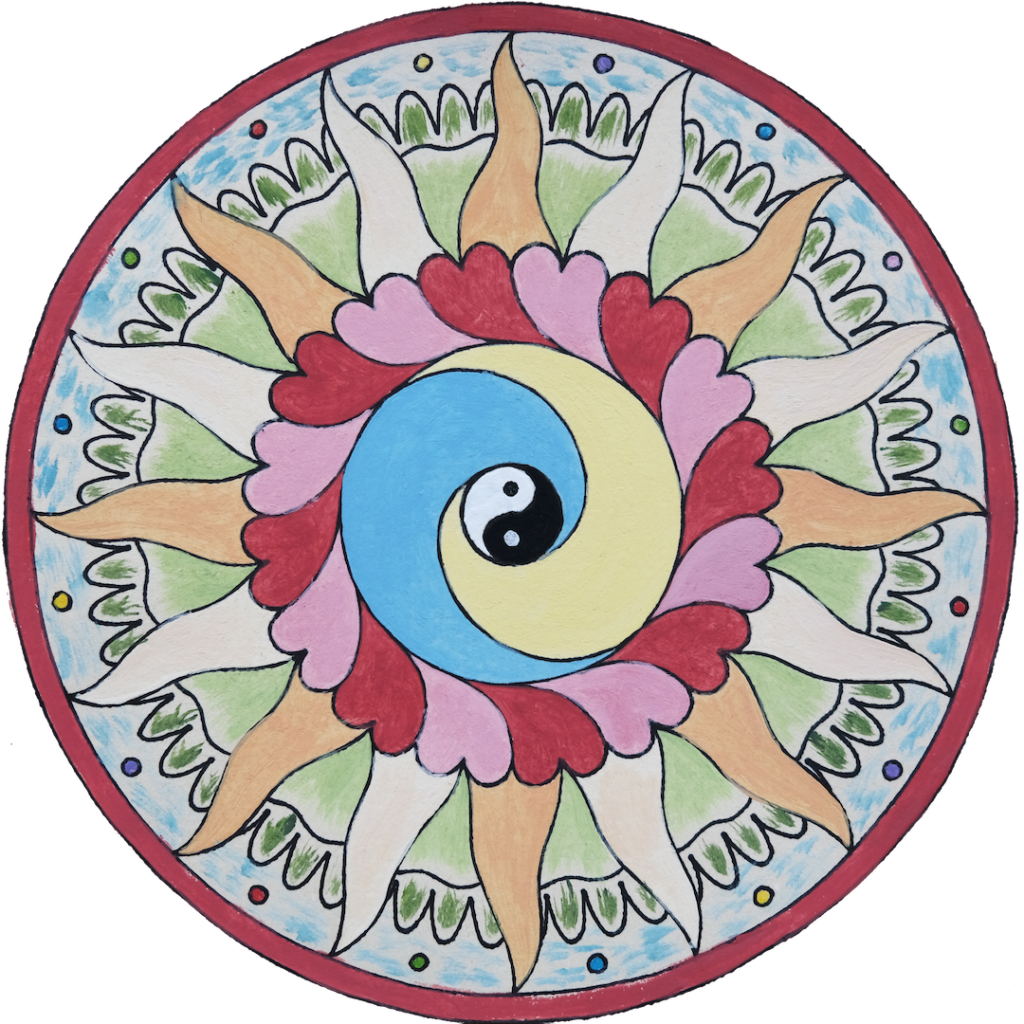
I wrote “Song to the Dark Light” after 5 months without composing any song or poem. During this time, I have poured an enormous amount of creative energy into Esferas, so I have continued to express myself. But it has been primarily in a descriptive language, and there are things that cannot be explained directly. In fact, I see more and more clearly that we mostly use language to hide the truth. Reality is always beyond what can be expressed in words. Try to describe the taste of a peach to someone who has never tasted one.
This is where music and poetry come in, which, instead of explaining, have the mysterious ability to create an experience. So, rather than trying to understand, the best thing one can do when listening to music or a poem is to sit with their feet hanging on the edge of the known and contemplate the mystery beyond.
In old maps, unexplored areas were inscribed with “Terra Incognita.” During these 5 months, the spiritual work I have been doing has been like an expedition to that Terra Incognita, where dragons and treasures await. This poem condenses all those adventures, like an elixir containing the essence.
The poem came in two sittings. In the first, I wrote in prose Part II, where Mito faces a pain to acquire its song. I then felt that I should also write some kind of introduction explaining what I meant by talking about pains. I tried, but it seemed so complex and abstract that I left it shortly after starting. Also, I wrote it in Spanish, where Mito faces a “dolor”, which is literally “pain”, or anything that’s painful. I felt there was something weird about talking “pains” in English, so I translated it as sorrows. Maybe I’ll change it.
A few weeks later, I sat down to write that week’s letter. As is becoming usual, I sat in front of the blank page and said in prayer: “Lord, make me your instrument of creation. If there is something you want to express through me, here I am to do it.”
Before finishing the prayer, that text about Mito that I had left unfinished came back to my mind. It was the first thing that appeared, and I decided to respect that proposal, no matter how difficult it seemed at first. I got to work. I spent the next 6 hours immersed in a feverish creative process, repeatedly begging for the poem to be finished. It was so abstract and symbolic that I felt completely incapable of solving the puzzle on my own. Each time I tried on my own, exerting effort, I felt stuck and frustrated. Every time I recognised that I was pushing, I got up and did something else: play the piano a bit, lie down on the bed, sit and meditate… and without planning or thinking about it, I would always find myself back at the computer with a new idea that allowed me to move forward.
Perhaps the biggest challenge was, as the poem took shape, recognizing the pride that was emerging within me. Pride brings a good taste at first, “look how amazing what I am doing is!” but it contains a misunderstanding: it is based on the perspective that I, Antonio, have created this work alone.
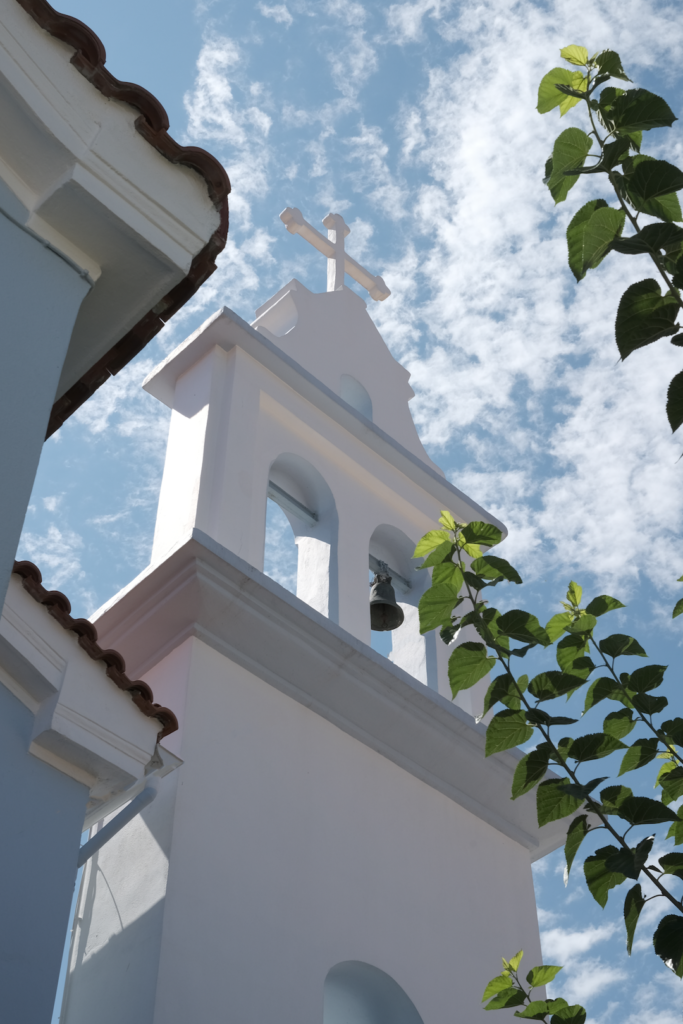
A sailboat, no matter how good, beautiful, and sophisticated it may be, does not move forward on its own; it is the wind that makes it advance. If there is no wind, it can use the motor, but gasoline is limited and it will eventually run out. In contrast, the wind can carry it across an entire ocean without consuming the slightest bit of energy. All the sailor has to do is raise the sails, try to position them as best as possible, and trust in that invisible and powerful force.
Feeling proud, like all other emotions revolving around a limited personal self, automatically causes one to neglect the sails. Believing that one is the creator is to leave the divine out of the equation and, therefore, to close the channel of inspiration.
This limitation also brings a fear capable of sabotaging the entire process: “What if I can’t finish it?” If I, Antonio, am responsible for finishing a poem that I don’t even understand, it’s likely that I won’t write another verse. But Antonio is not responsible for creating or understanding anything; he is responsible for being there, putting his skills at the service of the wind, and waiting for it to blow. In reality, it is always blowing; Creation is a continuous process, which we perceive as Evolution, and what the artist does is ride the crest of that cosmic wave to produce something new.
The way I have learned to handle that limiting pride is to transform it into gratitude. Pride is vulnerable: it brings fear and desire. Gratitude is divine: it brings joy and confidence. Instead of feeling proud of having composed something, I feel grateful for having received that inspiration that brings with it new and surprising images, melodies, and ideas. Things I didn’t know or had never imagined, and yet tremendously honest with who I am at that moment. They are also usually healing; perspectives that resolve some internal conflict or simply messages of such powerful love that they dissolve one in tears of relief. They are gifts, and if one treats them as such, one opens up to receive more.
An example of this was the end of the poem. I felt that something was missing. “How wonderful it would be to end with the song that Mito writes in sky-blue ink.” Being a song within the poem itself, it had to be something of a completely different theme, but at the same time coherent with the language of the entire text. I felt it was impossible to resolve something like that by thinking, so I didn’t even try. What I did was pray, ask for help, and wait. During that wait, I prepared my meal, and as soon as I sat down to eat, the idea for the song came to me. I immediately returned to the desk, wrote that song about the search for the source of light in a state of near euphoria, and after writing it, I went back to finish my meal, still hot.
Thank you, Lord, for this poem-gift and for training me, with each of these letters, to be a better sailor.
With all my love,
A.
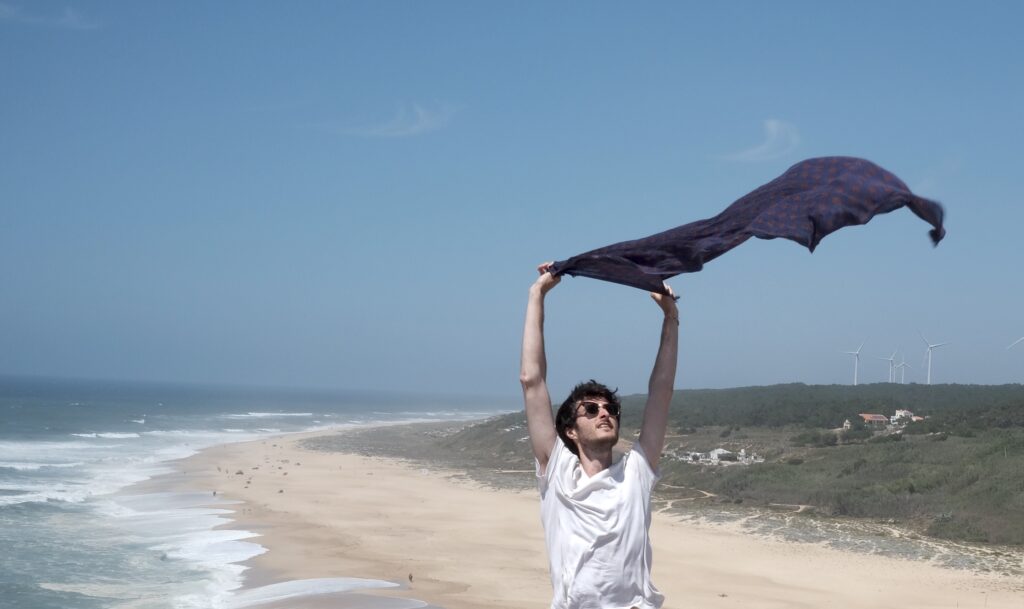
Subscríbete a Esferas
